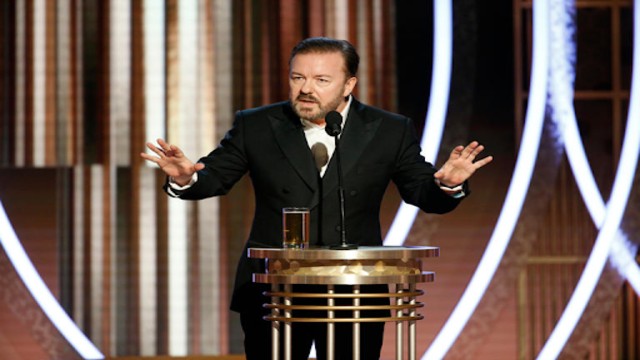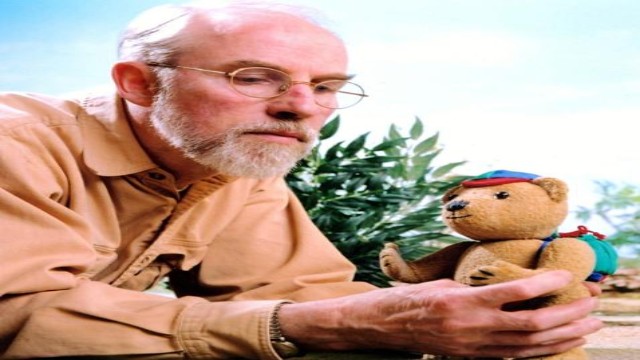
FILE - People appear in Josie Robertson Plaza in front of The Metropolitan Opera house at Lincoln Center in New York on March 12, 2020. . (AP Photo/Kathy Willens, File)
NEW YORK (AP) — The Metropolitan Opera reported that 72% of its available tickets were sold this season, an increase from 66% in 2022-23 and 61% in the first season following the pandemic.
Despite this improvement, ticket sales were still lower than the 75% in 2018-19 and the projected 76% for 2019-20 before the COVID-19 pandemic forced a shutdown in mid-March, the company said Thursday.
"We’re making good progress with our ticket sales, and it's notable that our audience is becoming significantly younger," said Peter Gelb, the Met’s general manager.
Including discounted tickets, the Met achieved 64% of its potential box-office revenue, up from 57% in the previous season. Gelb noted that 85% of the audience were single-ticket buyers with an average age of 44, while the average age of the subscription audience was 70.
This season, the Met withdrew $40 million from its endowment, which currently stands at about $255 million, down from $309 million last July. To address financial challenges, the Met has engaged Boston Consulting Group to explore cost reduction, ticketing improvements, and fundraising strategies.
"They and we estimate that over the next four seasons, we will see a positive financial impact of $30 to $40 million from their recommendations," Gelb said. "Like other opera companies, we are still recovering from the pandemic."
The most successful production this season was Julie Taymor’s 2004 staging of Mozart’s "The Magic Flute," with 87% of tickets sold. This success has led to an increase in performances for next season, from 13 to 17.
“We've built a large audience for this, especially among families, making it comparable to the New York City Ballet’s ‘The Nutcracker’ as a holiday tradition,” Gelb said. “It brings in the future audience.”
Other high-selling productions included Franco Zeffirelli’s 1987 staging of Puccini’s “Turandot” (82%), a new staging of Bizet’s “Carmen” (81%), the Met premiere of Anthony Davis’s “X: The Life and Times of Malcolm X” (78%), and revivals of Puccini’s “Madama Butterfly” (75%), “La Bohème” (74%), and Verdi’s “Nabucco” (72%).
New productions had varied success, with Verdi’s “La Forza del Destino” at 71%, Daniel Catán’s “Florencia en el Amazonas” at 68%, Jake Heggie’s “Dead Man Walking” at 62%, and John Adams’ “El Niño” at 58%.
Revivals of Terence Blanchard’s “Fire Shut up in My Bones” sold 65% and Kevin Puts’ “The Hours” 61%. Verdi’s “Un Ballo in Maschera” had the lowest revival attendance at 56%.
Gelb emphasized the importance of balancing classic and contemporary works to advance the art form, acknowledging that not every production will meet expectations.
The Met attracted 84,934 new ticket buyers, up from 75,930 in 2022-23, with about 25% attending one of six contemporary operas. Roughly 10% of these new attendees returned for another performance.
The Met's tax report for the year ending July 31 showed that music director Yannick Nézet-Séguin earned $1,307,583, up from $1,195,702 the previous year, and Gelb earned $1,379,032, up from $1,094,327.
Revenue for the year was $303.1 million, up from $281.6 million in 2022-23, with contributions and grants remaining steady at $185.1 million.















